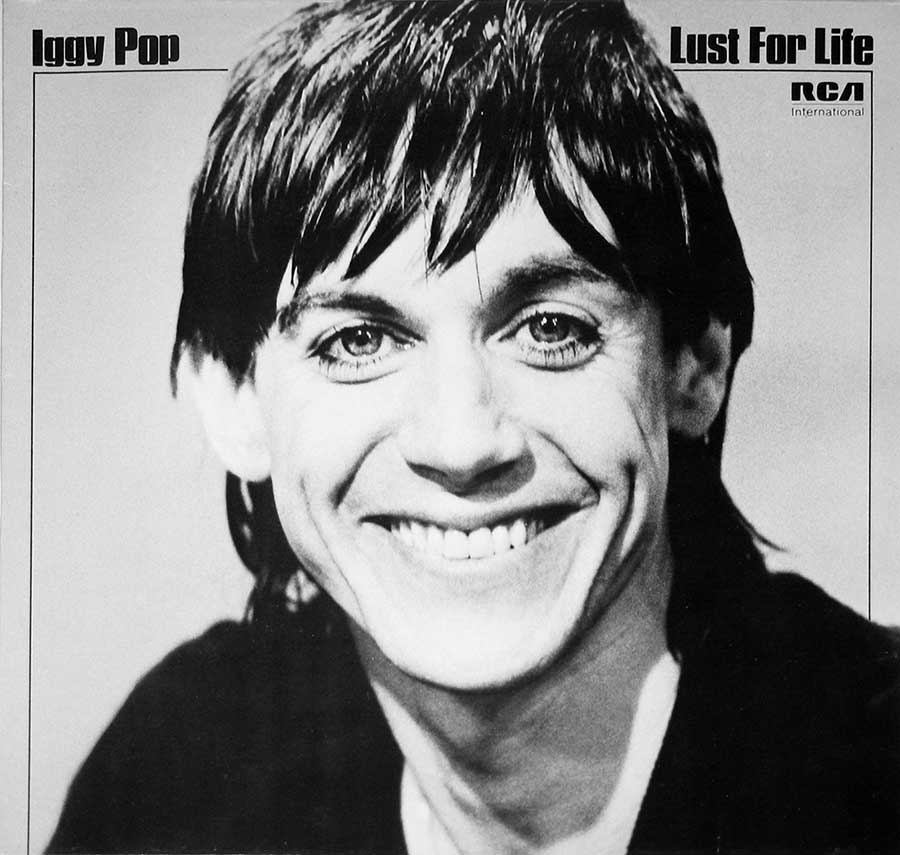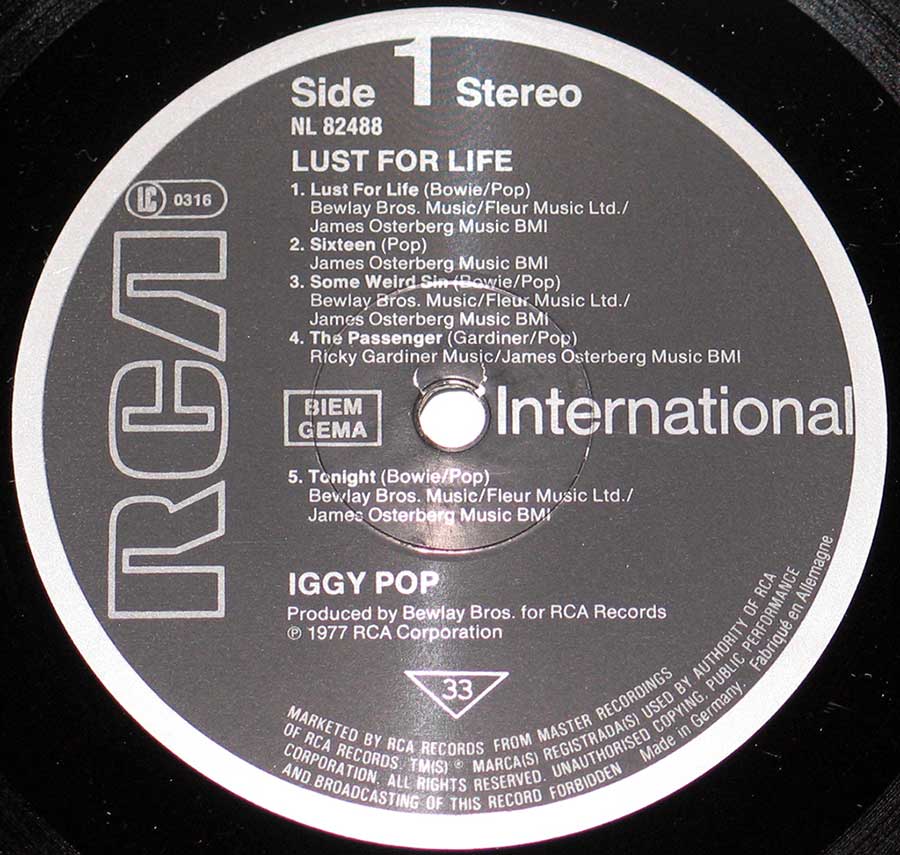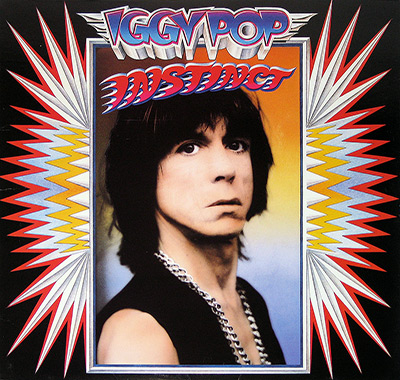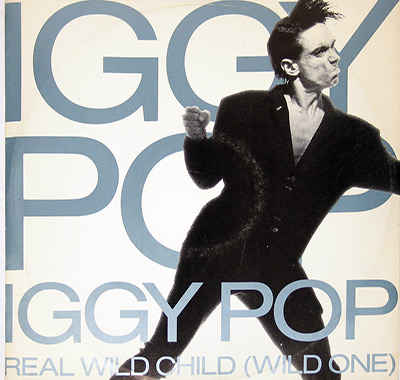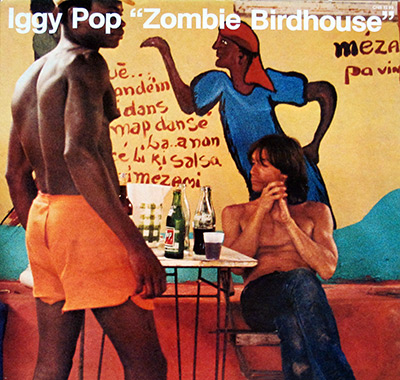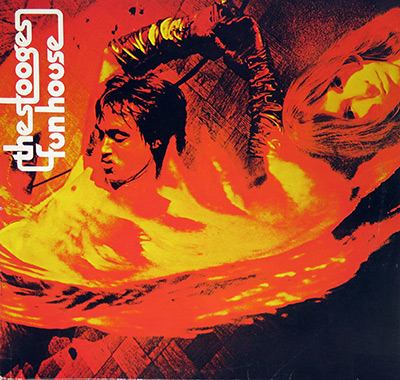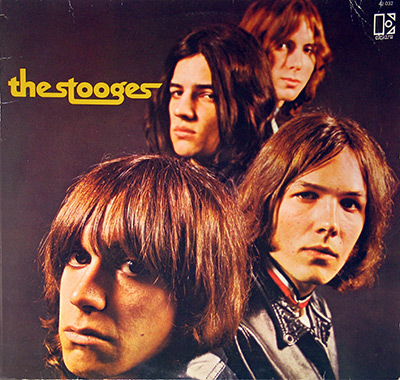Released in 1977, just months after "The Idiot," Iggy Pop's "Lust for Life" solidified his solo career and cemented his collaboration with David Bowie. It emerged in a post-glam rock era, where punk was taking center stage and artists were experimenting with new sounds and styles.
Historical Context
By the mid-70s, Iggy Pop's career was in disarray. He had battled addiction and faced numerous setbacks. Yet, amidst the chaos, he found solace and creative inspiration in Berlin, where he collaborated with David Bowie on "The Idiot." "Lust for Life" continued this partnership, resulting in an album that was both raw and refined, a testament to Pop's resilience and artistic evolution.
Musical Exploration
Unlike the more experimental and introspective "The Idiot," "Lust for Life" embraced a direct, energetic approach. The album is characterized by catchy hooks, driving rhythms, and Pop's signature snarling vocals. Songs like "Lust for Life," "The Passenger," and "Success" are anthems of raw energy and unbridled passion.
Studio and Band Members
Recorded in just eight days at Hansa Tonstudio in Berlin, "Lust for Life" captured a raw, spontaneous energy. The band included David Bowie on keyboards and production, along with brothers Hunt and Tony Sales on drums and bass, respectively. Guitarist Ricky Gardiner contributed significantly to the album's signature sound, co-writing several songs with Pop.
Controversies
"Lust for Life" wasn't without its controversies. The album's title track, with its explicit lyrics and references to drug use, raised eyebrows. Some critics viewed it as a glorification of excess, while others saw it as a raw, honest expression of Pop's struggles.
